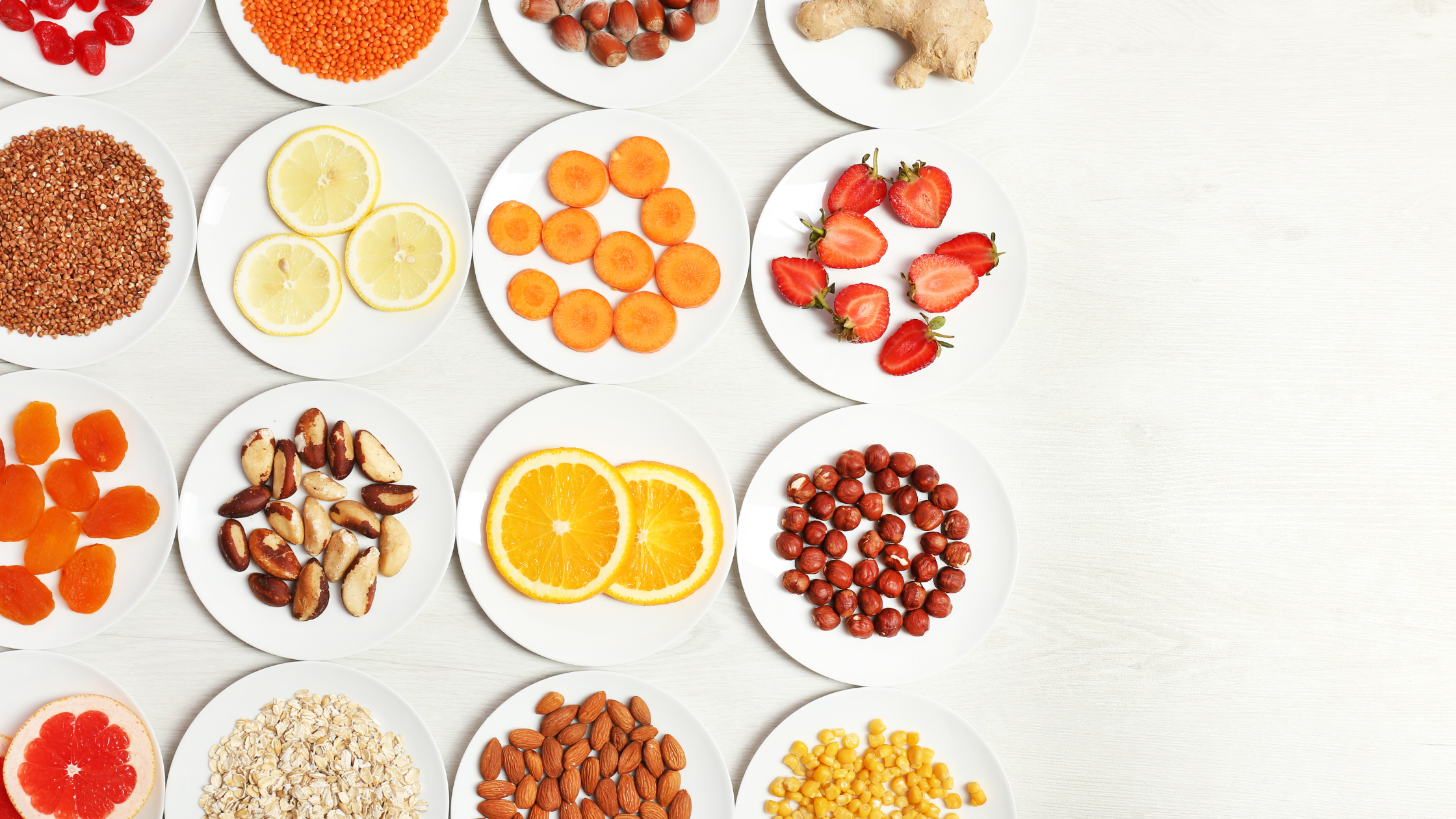“Lifestyle Factors that Affect Conception” by myMindBodyBaby
It doesn’t take a rocket scientist to connect a healthy lifestyle with being healthier, but does being healthier due to eating well and exercising translate into increasing the chances of getting pregnant?
With 1 in 6 couples struggling to conceive, infertility awareness is on the rise and so are those who are questioning what else they can do to help improve their chances of becoming pregnant.
Unfortunately with the rise in need for Assisted Reproductive Technology (ART), so too comes a burden on Reproductive Endocrinology and Infertility (REI’s) specialists to provide not only medical care but also lifestyle advice to frantic families desperate for answers.
Fortunately, these questions are finally being answered as more initiatives, resources and research come onto the scene to support the need for a more holistic approach to family planning. I say it’s about time!
The research has spoken!
More evidence-based research on the specifics of how nutrition and exercise impact the ability to conceive is certainly required to fulfill the needs of the information-hungry, hopeful mamas out there. For now, I think we can all agree that living a lifestyle that includes regular, moderate exercise, having a healthy body composition, and eating a diet consisting of whole, fresh foods while removing processed foods and sugars can only have a positive impact on conception.
Lifestyle Factors that Affect Conception:
- Consumption of sugar-sweetened beverages, such as pop and energy-boosting drinks, has been connected to lower fertility in men and women. So let’s ditch the soft drinks and opt for soda water with a splash of grapefruit juice!
- Smoking: Research clearly points to it having a negative impact on fertility. If you are a smoker, please speak with your healthcare provider to find tools to help you quit.
- Elevated Body Composition: This study reports 25% of ovulatory infertility being attributed to being overweight. Elevated body composition also increases the risk factors to women prior to giving birth including gestational diabetes, preeclampsia, and early pregnancy loss.
- Nutritional Deficit: One study found that dietary energy restrictions (eating too little) can also be problematic. Aim to consume 3 meals and 2 snacks per day that are well rounded in plant-based fats, proteins, and complex carbohydrates. See the recipe below!
- Fast Food Nation: Women who consumed high amounts of fast food, took longer to become pregnant than their counterparts with healthier diets. This could likely be due to the high content of saturated fat, sugar and sodium in fast foods. Additionally, it could be argued that the frequent consumption of fast foods is often just one part of an overall unhealthy lifestyle. 28]
- Organic: This is a hot topic and one that can be quite polarizing. Consider eating organic where possible. Geographic and financial considerations are important to recognize, but more and more research is pointing to pesticides and herbicides having a negative effect on male/female fertility. Speaking of organic, check this simple Fridge is Almost Empty Energy Bowl recipe below!
The fridge is Almost Empty Energy Bowl
As a nutritionist, I love this “recipe” as I lean on it heavily when I have a busy week. The ingredients are staples in my house- foods that I always have around no matter how often I get to the store. I definitely recommend having some of these around at all times.
If possible, opt for organic ingredients for as many items as possible. If you have to pick, use this guide from the Environmental Working Group (EWG). It nicely highlights the most heavily sprayed “Dirty Dozen” and the “Clean Fifteen” fruits and veggies so that you can make informed decisions for yourself and your family.
The Fridge is Almost Empty Energy Bowl
a simple, no-fuss salad for any meal of the day!
- 2 Hard-Boiled Eggs
- 2 tbsp Pumpkin or Sesame Seeds
- 1/4 Apple (finely diced)
- 1 tbsp Fresh Dill (optional)
- 1/4 cup Red Cabbage (finely shredded)
- Any Leftover Veggies from Fridge ex. sweet potato and asparagus (unlimited)
- Handful of Greens (Spinach or Arugula work well)
Dressing
- 1 tbsp Olive Oil (extra virgin)
- 1 tbsp Apple Cider Vinegar
- 1/2 tsp Honey
- Pinch of Garlic Powder
- Pinch of Sea Salt and Pepper
- Combine all salad ingredients into one bowl
- Combine all dressing ingredients into a mason jar and shake well
- Pour the dressing over the salad ingredients and toss to well
- Enjoy!
“A French study published in December in JAMA Internal Medicine, a journal from the American Medical Association, found that among nearly 69,000 participants, those with the highest frequency of organic food consumption had 25 percent fewer cancers than individuals who did not eat organic food. And in 2018, data from the Harvard University T.H. Chan School of Public Health Environment and Reproductive Health, or EARTH, study found a surprising association among study participants between the consumption of foods high in pesticide residues and fertility problems.” EWG
Now let’s take a look at the role exercise can play on your path to motherhood
- Moderate exercise (defined in this case as the ability to talk but not sing) has been shown to support higher fecundability (fancy word for the chance of becoming pregnant in a single menstrual cycle).
- Some studies look at the impact of Body Mass Index (BMI) on fertility, however, this doesn’t take into account body composition (muscle weighs more than fat!). A better approach has been to look at body fat – too low (under 12%) and too high (over 30-35%) has been linked to impaired ovulation. One way to manage body fat – exercise! Moderation is the key – extreme exercise can actually lower progesterone which can have a negative effect on time to conceive.
- Exercise can help you to reduce stress – and at times getting pregnant, not to mention just life in general, can get stressful! High levels of continuous stress have been linked to lower rates of fertility.
- There are a number of fertility issues associated with chronic inflammation (PCOS, endometriosis, fibroids… to name a few). The link to exercise? ScienceDirect reports researchers have found that even 20 minutes of exercise can have an anti-inflammatory effect on the body.
Need a quick workout you can do at home? Try this one!
Want more? We here at myMindBodyBaby have been working hard putting together evidence-based, doctor-recommended nutrition, fitness, and mental well-being programs. These are designed to help support you through whatever stage of the TTC journey you are in. From preconception body preparation plans to programs that give you step by step guidance through various infertility treatments such as IUI and IVF.
Whatever stage you are at, research is clearly pointing towards lifestyle habits as either helpful or hindering your chances of conception. So if you haven’t already, ditch the sugar, start focusing on whole and colourful foods and get moving – Nutritionist Orders!




